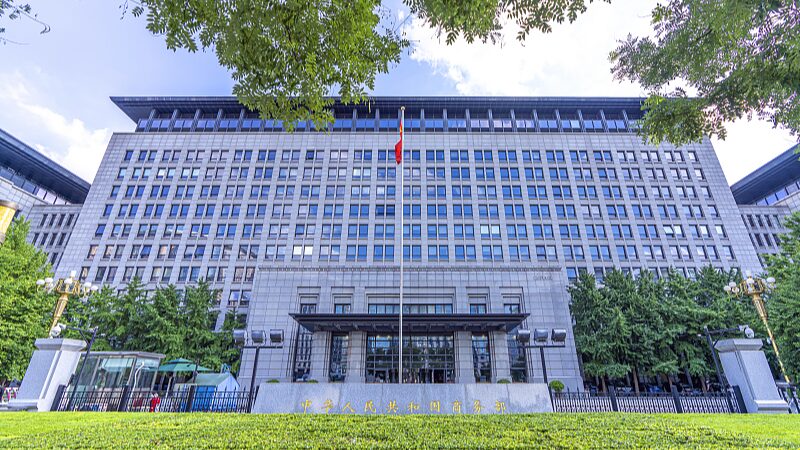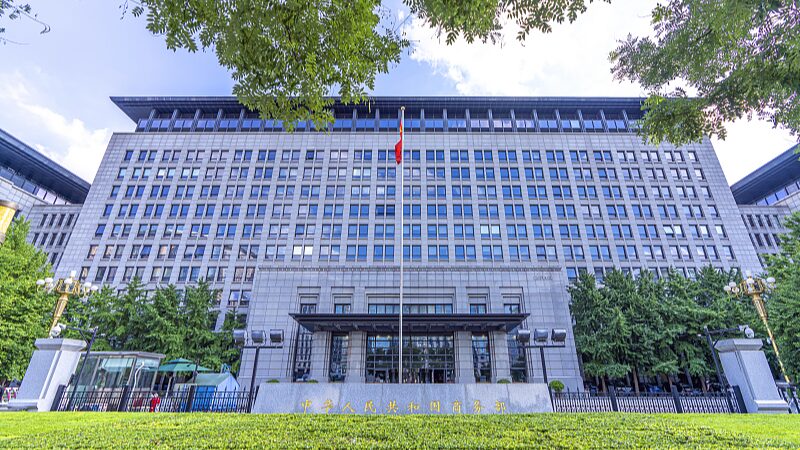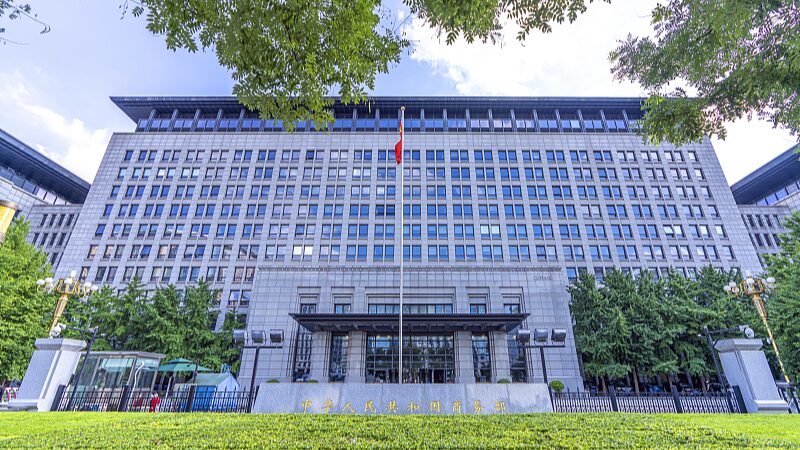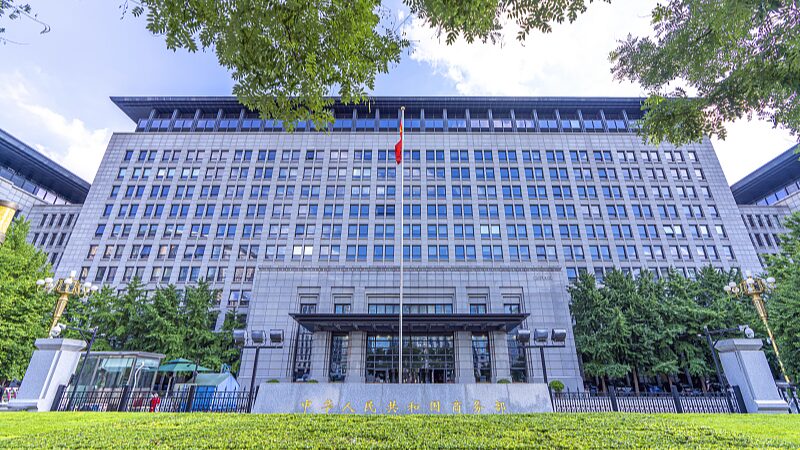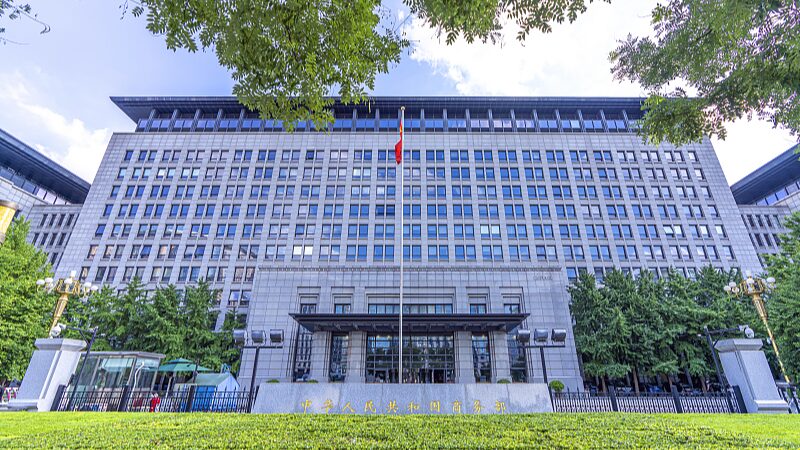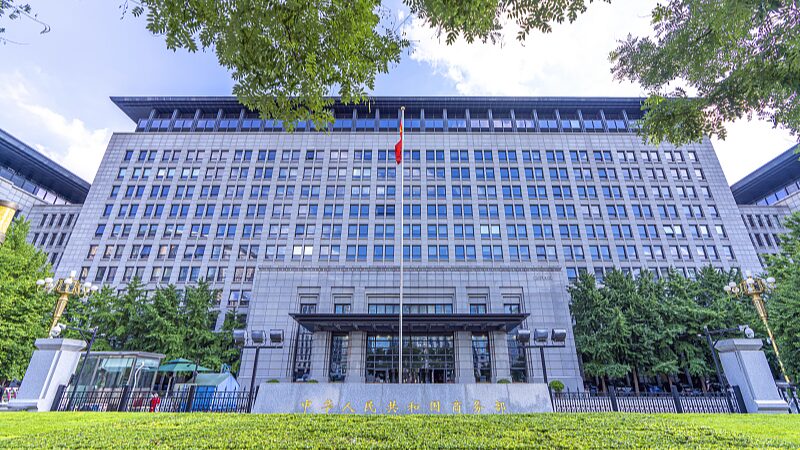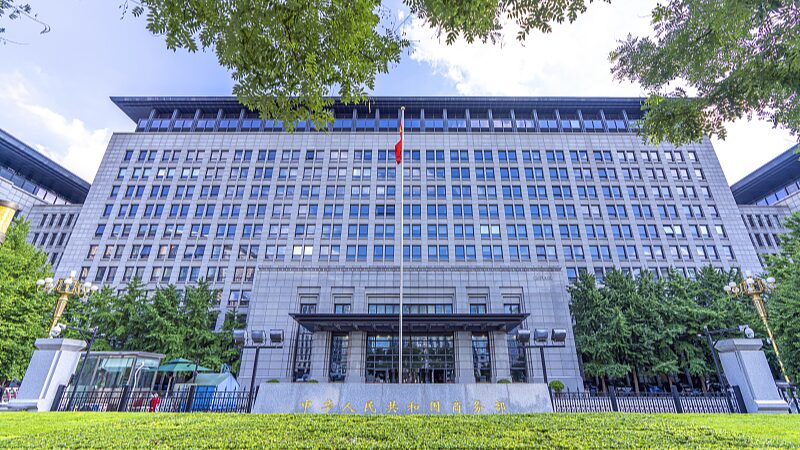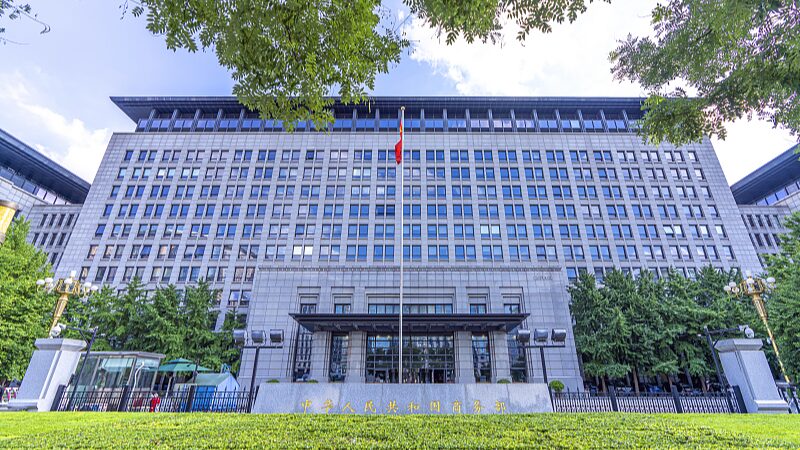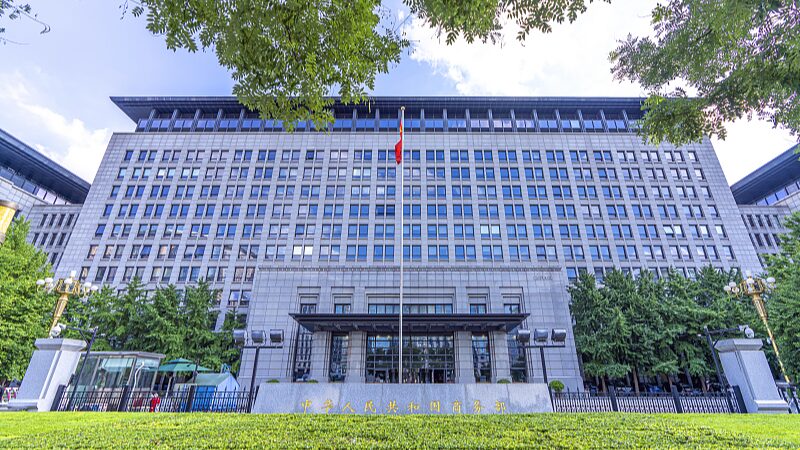China's Ministry of Commerce announced on Monday that channels of communication with the European Union (EU) on intellectual property issues remain open. This statement comes in response to the EU's recent complaint filed at the World Trade Organization (WTO) against China’s judicial practices concerning standard essential patent disputes.
The EU initiated a consultation request on January 20, according to the ministry’s online statement. The request addresses concerns over China's handling of intellectual property rights, particularly in the realm of patents essential to industry standards.
In its response, the ministry emphasized that China has consistently adhered to WTO rules and its commitments since joining the organization. \"China has continuously improved legislation and law enforcement related to the protection of intellectual property rights, and its achievements have been widely recognized,\" the statement read.
The ministry further assured that China will address subsequent matters in accordance with WTO procedures and is prepared to firmly safeguard its legitimate rights and interests. The ongoing dialogue underscores the importance of cooperation between China and the EU in addressing complex global trade issues.
Reference(s):
China says it's open to communication with EU on intellectual property
cgtn.com
